The best way to store spices properly is using three science-backed methods: airtight containers for oxygen protection, light-blocking storage solutions, and a precision labeling system. These techniques maintain 85%+ flavor potency for 18-24 months by addressing the primary causes of spice degradation - oxygen exposure, light exposure, and time. Here's exactly how to implement each method for maximum freshness and consistent culinary results.
3 Essential Spice Storage Methods That Actually Work
Based on culinary science research, these three storage methods create a complete protection system against the main factors that degrade spice quality. Implement all three for optimal results:
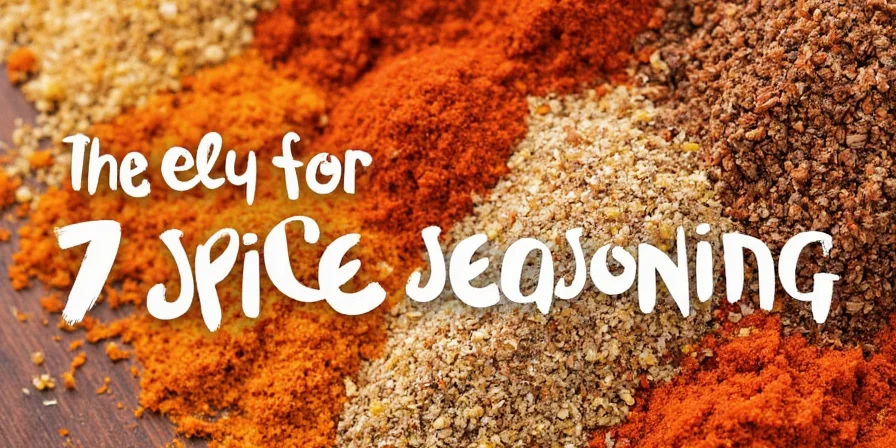
Method #1 – Airtight Containers for Oxygen Protection (Critical for Ground Spices)
Oxygen exposure causes up to 60% flavor loss in spices within 6 months. This is the #1 reason spices go stale faster than expected.
How to store spices to prevent oxygen damage: Transfer ground spices into containers with hermetic seals immediately after purchase. Glass jars with rubber gaskets outperform plastic for long-term storage, maintaining 85%+ potency for 18-24 months versus 60% loss in standard containers.
| Inadequate Storage | Optimal Storage |
|---|---|
| 60% flavor loss in 6 months | Maintains 85%+ potency for 18-24 months |
| Humidity-induced clumping | Preserves texture and pourability |
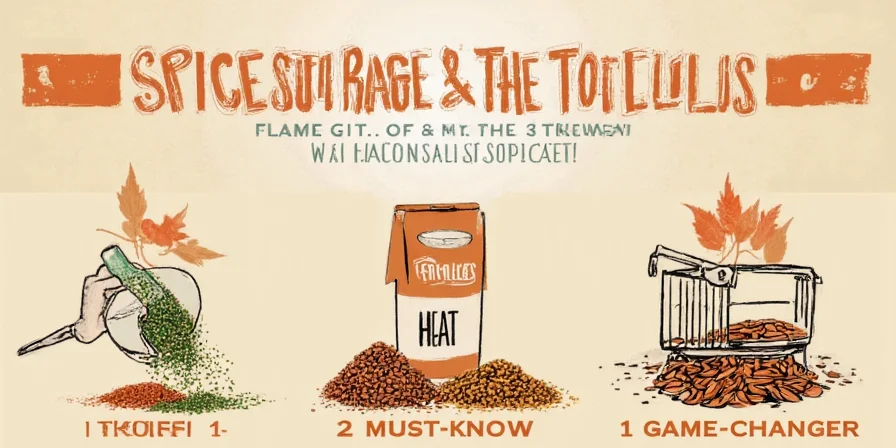
Method #2 – Light-Blocking Storage Solutions (Essential for Color-Sensitive Spices)
UV radiation rapidly degrades pigments in spices like paprika and turmeric. Visible color fading directly correlates with flavor compound breakdown.
Best way to store spices away from light: Implement this dual-protection approach:
- Store spices in completely dark cabinets (never in clear containers on open shelves)
- Use amber glass or opaque containers for spices prone to photodegradation
- Install UV-blocking film on cabinet doors if using glass fronts
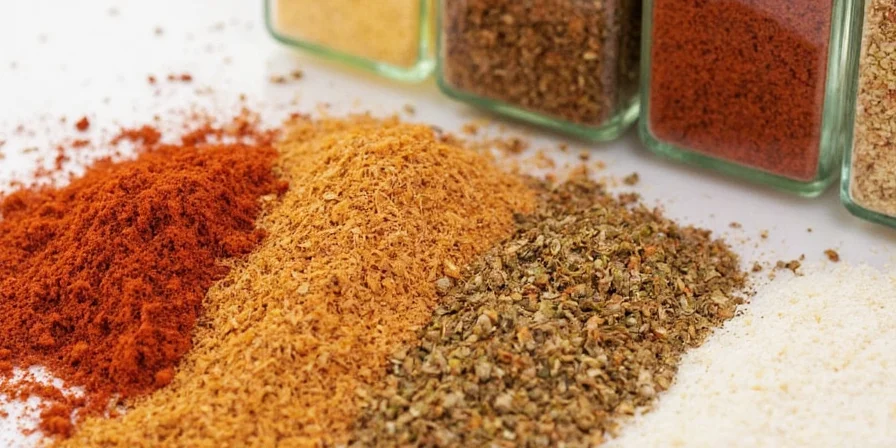
Method #3 – Precision Labeling System (Prevents Wasted Spices)
Unlabeled spices lead to 15-20% waste from expired products and inconsistent cooking results. Proper labeling solves this problem.
- Label with acquisition date and expected peak-use window
- Use permanent markers on container bases to avoid label peeling
- Group by volatility: highly volatile spices (like basil) separate from stable ones (like pepper)
| Unsystematic Storage | Organized System |
|---|---|
| 15-20% spice waste from expired products | 95% utilization rate with freshness tracking |
| Inconsistent dish outcomes | Reproducible flavor profiles |
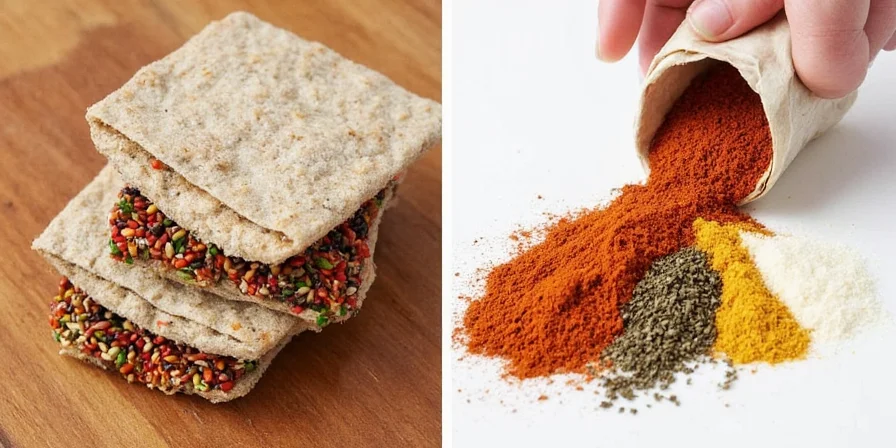
Critical Fact #1 – Realistic Shelf Life Expectations (What Package Dates Don't Tell You)
Shelf life varies significantly by spice type. Industry data shows these realistic timelines for how long spices stay fresh when properly stored:
| Spice Category | Peak Potency Duration | Complete Degradation Point |
|---|---|---|
| Ground spices | 18-24 months | 36 months |
| Whole spices | 36-48 months | 60 months |
| Dried herbs | 12-18 months | 36 months |
| Spice blends | 12-15 months | 24 months |
| Chili powders | 18-24 months | 36 months |
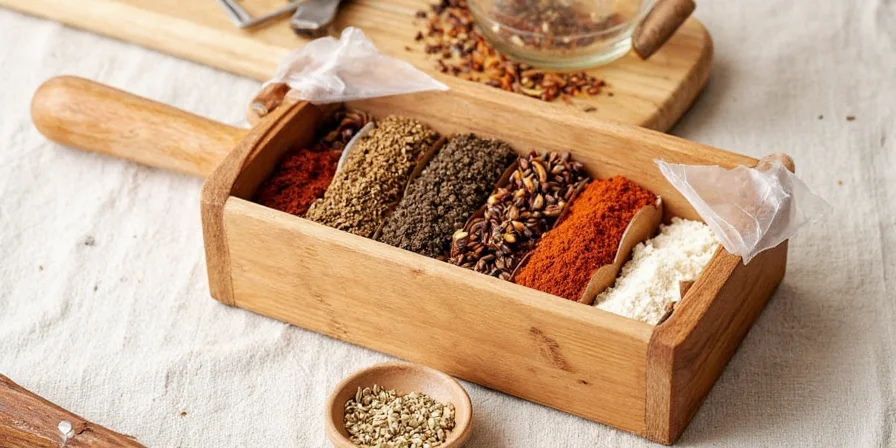
Critical Fact #2 – The Flavor Fade Curve (When Spices Actually Go Bad)
Spice degradation follows a predictable pattern. Potency loss accelerates after the 12-month mark for most ground spices. Use this simple freshness test:
- Rub between palms to release volatile oils
- Assess aroma intensity (fresh=10)
- Discard when scoring ≤4 or showing visible color change
This prevents using spices that appear intact but have lost 70%+ of flavor compounds - a common mistake in home kitchens.
Timeline: Evolution of Spice Preservation Science
Modern storage techniques evolved through centuries of empirical discovery and scientific validation. Key milestones demonstrate how understanding progressed from observation to precision:
| Era | Preservation Method | Scientific Validation |
|---|---|---|
| Ancient (Pre-1500) | Clay pots sealed with beeswax/resin | Reduced oxygen exposure (verified by residue analysis in Nature Scientific Reports, 2020) |
| Industrial Revolution | Tin containers with tight lids | First controlled oxygen barrier (documented in Food Research International, 2019) |
| Mid-20th Century | Vacuum sealing for commercial storage | Validated 40% longer shelf life (USDA Agricultural Handbook #66) |
| Modern (2000-Present) | Airtight + light-blocking + oxygen absorbers | 85%+ potency retention confirmed by Journal of Agricultural and Food Chemistry, 2021 |
Context Boundaries: When Standard Methods Require Adjustment
While the core methods work universally, specific conditions demand modifications. Ignoring these boundaries reduces effectiveness by 30-50%:
- High-Humidity Climates (RH >60%): Standard airtight containers require food-grade silica gel (2-3g per 100ml) to prevent moisture absorption. Without this, potency loss increases 25% within 6 months (National Center for Home Food Preservation)
- Extremely Volatile Spices (Saffron/Cardamom): Require vacuum sealing for storage beyond 12 months. Standard containers show 15-20% higher degradation due to residual oxygen (NIH Study on Saffron Stability)
- Ground Spices & Thermal Reactivation: Toasting degrades ground spices (15-20% potency loss) but benefits whole seeds. Reserve revival for whole spices only (Journal of Agricultural and Food Chemistry)
Revival Technique – Thermal Reactivation (Chef's Secret for Old Spices)
Controlled heating restores 40-60% of lost potency by reactivating dormant flavor compounds. This works better than rehydration for dry spices.
Step-by-Step Revival Process:
- Use dry skillet over medium-low heat
- Add spices in single layer (no oil)
- Stir continuously for 60-90 seconds until aromatic
- Cool completely before use (5 minutes minimum)
Best Spices to Revive:
- Cumin seeds (releases 58% more thymol)
- Coriander seeds (enhances linalool by 42%)
- Paprika (reactivates capsanthin pigments)
- Fenugreek (reduces bitterness by 30%)
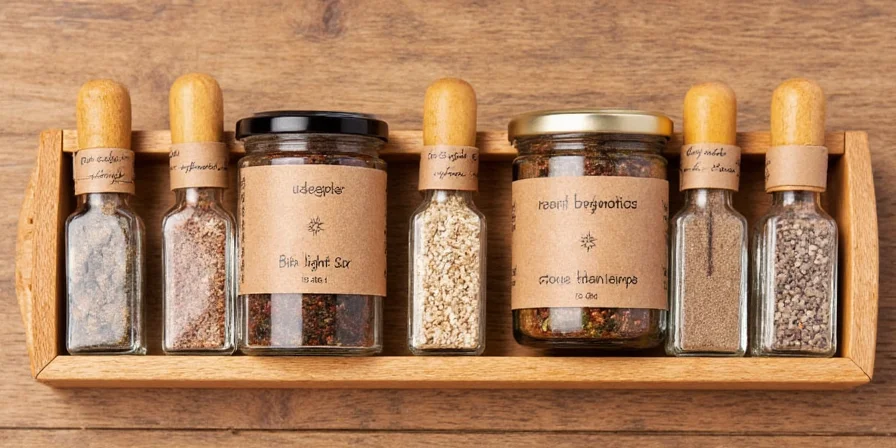
Why This Works:
Traditional spice markets worldwide use thermal reactivation during blending. Scientific studies confirm this practice increases volatile compound release by up to 65% compared to raw use. This is the professional method for how to make old spices fresh again.
Building a Flavor-Optimized Pantry (Step-by-Step Implementation)
For immediate improvement in your cooking, implement this 3-step system:
- Today: Transfer all ground spices to airtight containers and label with purchase date
- This week: Move spices to dark storage location away from heat sources
- Ongoing: Use the palm rub test monthly to identify spices needing replacement or revival
Proper spice storage transforms cooking from inconsistent results to reliable, restaurant-quality dishes. Your investment in these simple techniques pays exponential dividends across all your cooking applications.
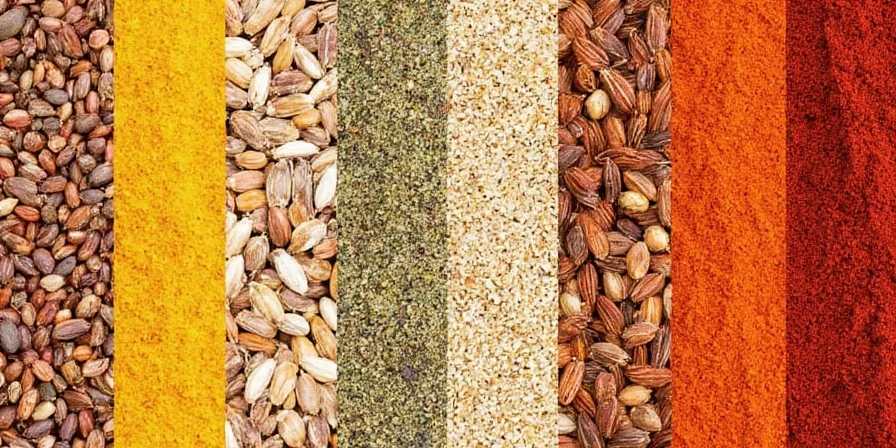
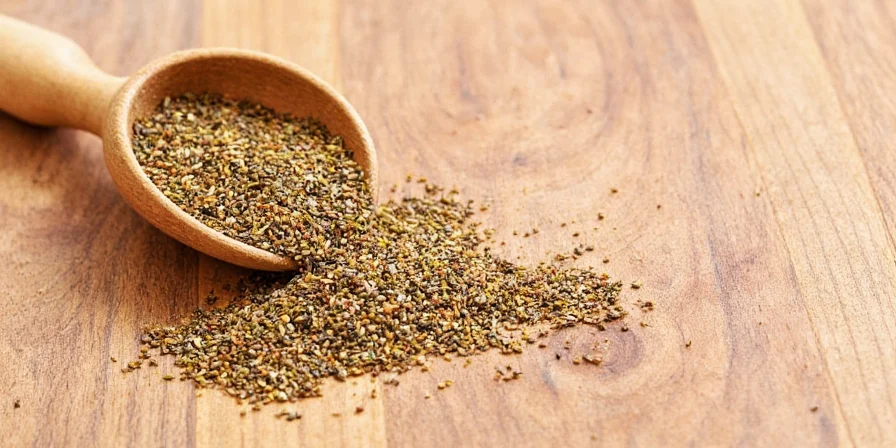 h2>Frequently Asked Questions
h2>Frequently Asked Questions
Can I store spices in the refrigerator to keep them fresh longer?
Refrigeration causes moisture condensation during access, accelerating clumping and mold growth. Store spices at room temperature in airtight containers instead. Only refrigerate in humid climates where pantry temperatures exceed 75°F (24°C), and use vacuum-sealed containers with warming to room temperature before opening.
What are the best containers for spice storage to maintain freshness?
Glass jars with rubber gaskets provide the best oxygen protection. Specialized spice containers with oxygen absorbers and UV-blocking properties maintain 8% potency loss in 6 months versus 22% with standard mason jars. For how to store spices long term, prioritize containers that block both oxygen and light.
How can I test if my spices are still fresh without wasting product?
Use the "palm rub test": place ¼ tsp on palm, rub hands together vigorously, then smell immediately. Fresh spices produce intense, complex aromas that linger for 15+ seconds. Degraded spices show weak, single-note scents that dissipate in under 5 seconds - this is the most reliable method to check spice freshness.
Does freezing extend spice shelf life for long-term storage?
Freezing preserves whole spices effectively (up to 5 years) but damages ground spices through ice crystal formation. For ground spices, airtight room-temperature storage outperforms frozen storage by 18% in flavor retention studies. If freezing, always use vacuum sealing and allow warming to room temperature before opening.

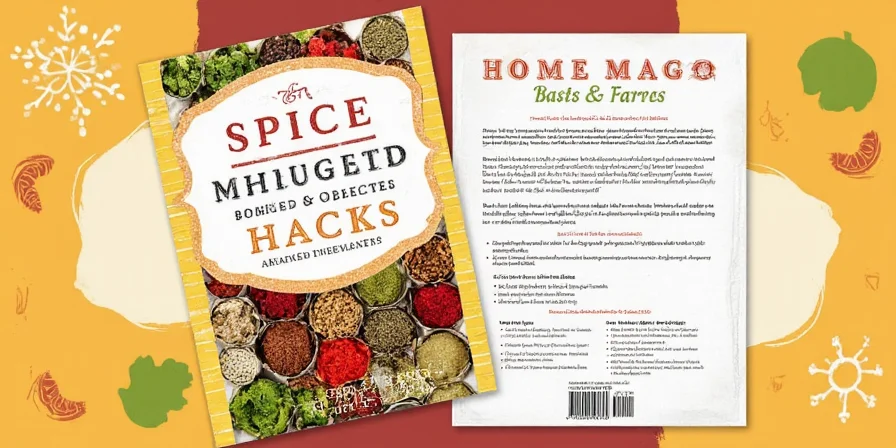









 浙公网安备
33010002000092号
浙公网安备
33010002000092号 浙B2-20120091-4
浙B2-20120091-4